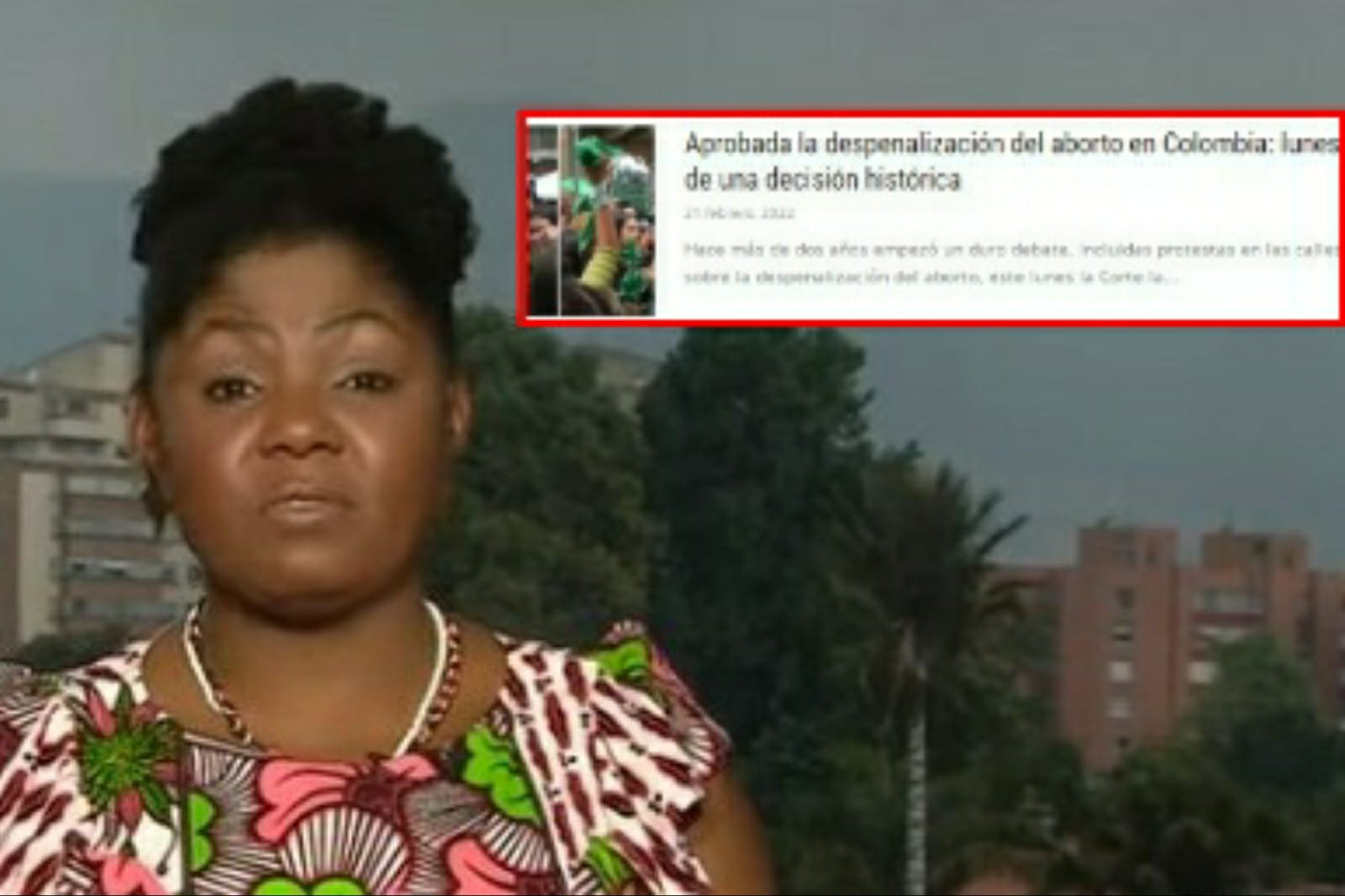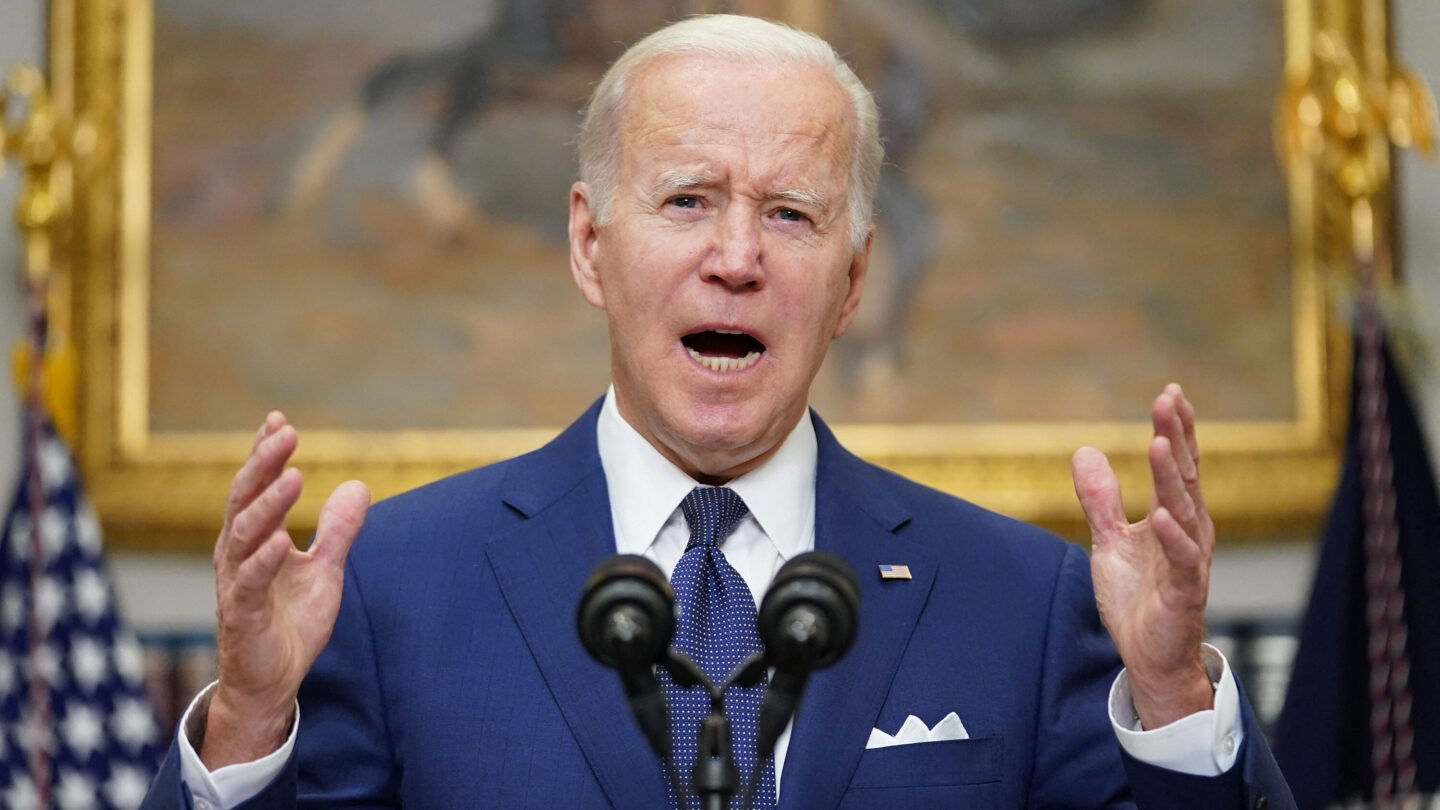Francia Márquez said that it is not about agreeing or not with the decriminalization of abortion, but addressing the issue from all the aspects that influence teenage pregnancy, for example.
Colombia News.
Although teenage pregnancy has decreased in recent years, the pandemic and quarantine complicated the situation, and not only that, pregnancies continue to occur in minors between 14 and 17 years of age, especially in areas with high levels of poverty, conflict , and Francia Márquez recalled how in her community school in Suárez, Cauca, there were no sex education classes, and thus, it continues to happen in many places in Colombia, which could affect abortion.
Francia Márquez Mina, became pregnant at 16 years of age.
Márquez, today with a great possibility of becoming Vice President of the country as Gustavo Petro’s formula, became pregnant at 16 years of age.
Before that, I didn’t know what it was like to have a child when I was still so little, studying and having big dreams.
“There were no education classes on the subject, no guidance,” he lamented.
She became pregnant and then had to suspend her studies for two years.
«I spent two years dreaming every day of going to my school (…), this is an opportunity to train us in sexual and reproductive education from childhood. Also so that in this macho society, that men recognize that the responsibility of care should not be left only on the shoulders of women, “said the leader from Cauca.
When Caracol News asked him this Thursday if he agreed or not with the decriminalization of abortion in the country, he replied: “It’s not about agreeing or not, it’s about women’s rights.”
- “Every year in the country, 400,400 abortions are performed with unreliable methods”: Colombian Federation of Obstetrics and Gynecology (Fecolsog)
We must recognize the economic and social conditions in which the majority of Colombian women have been.
“These women cannot simply be penalized, this is a responsibility of the State in training,” said Márquez.
Abortion in Colombia
Although we know that in February 2022, the Plenary Chamber of the Constitutional Court decriminalized the voluntary termination of pregnancy until the 24th week of gestation. It does not mean that they should wait until that period of the pregnancy.
However, after 24 weeks, legal abortion will continue to be allowed only in cases of risk to life or health:
- Fetal malformations that endanger life; or when the pregnancy is the result of non-consensual rape, incest, or artificial insemination.
If it is not for one of those reasons, the punishment or penalty of women will remain in force.
details of the decriminalization
Within this petition it is required: “That no service provider go to jail or initiate criminal proceedings against them for performing an abortion consented by a woman or for providing information.”
- That no woman go to jail or have criminal proceedings initiated against her for accessing her right to the IVE or live under that threat.
Also, avoid imposed motherhoods that strip women of their autonomy, control over their bodies, or give definition to their life project.
In addition, legal procedures that ensure health and do not represent any risk to women will be carried out.
However, the feminist movement states that it is a struggle that continues and that they will not rest until the act of aborting is no longer called a crime.
Now, the health system in the country must adjust to this new decision.
TIME revealed that between 1998 and 2019 there were more than 5,700 cases for the crime of abortion, sAccording to figures from the Prosecutor’s Office cited in the report Criminalization of Abortion in Colombia, of 2021.
The punishment is also in special systems such as the special indigenous jurisdiction.
The crime of abortion has, in ordinary justice, a sentence of between 16 and 54 months in prison for the woman who causes her abortion, allows someone else to do it, or for whoever practices it.
here the interview to Francia Márquez in Notcias Caracol.









